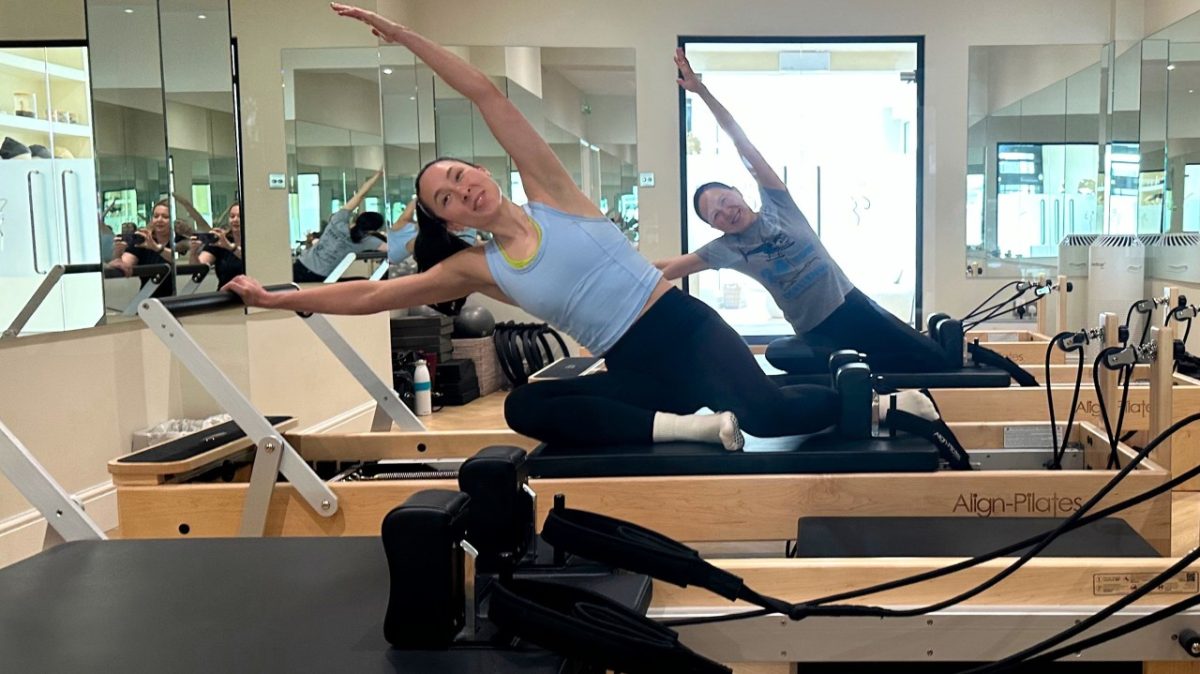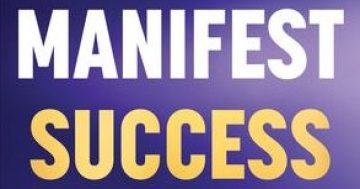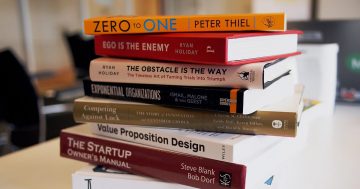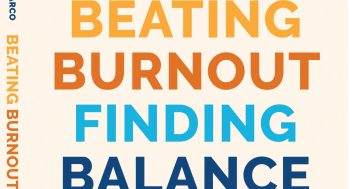
Stepping outside my comfort zone at a reformer Pilates session made me reflect on the experience and how it applies in life and work. Photo: Busch.
May Busch uses her experience from a daunting, but ultimately successful venture into reformer Pilates to demonstrate ways you can ease yourself out of your comfort zone.
Recently, my daughter and I did something for the first time — we joined a Pilates reformer class.
As a newbie, I set my sights pretty low. My primary goal was not to fall off the contraption, but I achieved much more than that.
It turned out to be a lot of fun and the session was restorative and refreshing. Maybe because of the intentional breathing that comes with Pilates; or that we were able to have a laugh when I grabbed the wrong strap on the ‘’machine’’.
I reflected on the experience and how it applies to stepping outside your comfort zone in life and work.
Here are three lessons I took away.
A guide makes all the difference: Our Pilates instructor, Aniko, showed us how the machine works. She walked us through it bit by bit, not all at once. She showed us how we’d be sitting or lying on it, demonstrating everything herself.
She demystified an otherwise baffling piece of apparatus and really put us at ease.
In your career, guides matter just as much, but having a variety of guides is essential. Many of us rely on our boss, but they can’t do all the guiding alone.
No one person has all the answers, and each person has their own perspective on things, which may not be impartial. This is why having a variety of mentors can make a huge difference to your career progression.
There will be times when you won’t want your boss to see the messy behind-the-scenes part of getting your act together. Just like watching how sausages are made can put you off eating them.
This is where having an executive coach (or a mentor from outside of your organisation) can be helpful — a confidential and non-partisan third party who has only your interests at heart.
The buddy system works: Going into a new situation with a trusted friend or family member (or colleague in the case of work) makes a difference.
First, you have a support and accountability system — at work, this meant having my fellow steering group members to talk with in the waiting room (which we coined the ‘’nervous room’’) before an important meeting with a key client.
We were able to do a final dry run and calm each other’s nerves … and we ended up nailing the meeting.
In the case of trying something outside of my comfort zone, like the Pilates class, having my daughter involved meant there was no backing out. I followed through on something I’m usually ”too busy” to do but have always wanted to try.
Second, you have someone to share the experience with and talk about it with afterwards.
In a work setting, research says people are far more engaged when they have friends at work. We humans are pack animals. We want to feel a sense of belonging.
That’s why having trusted relationships and forming connections with peers as a support system for your career are so valuable.
This is where you’ll benefit from having access to a group of peers who are not in your immediate circle but are going through similar experiences as you.
These are people you can talk with about challenges confidentially, without fear of repercussions for your career advancement.
This is why I am a part of a few mastermind groups with people from different geographical locations from me but have insight into the stage of my business I’m going through. They help me expand my comfort zone.
Your mindset shapes your experience: Going into the Pilates experience with curiosity meant I was up for just about anything. Having an open mind and low or no expectations frees you up to explore and experience what unfolds.
Not judging myself or comparing myself to others allowed me to stay present, learn, and enjoy the experience.
Contrast that mindset with the time my company transferred me to London to start its corporate bond origination business.
My mindset sucked because I was filled with expectations (you can bet I set the bar high) and I compared myself to the competition.
Every setback seemed monumental. My initial hiring plan was a flop. I continually redoubled my efforts, which landed me on the brink of burnout. I neglected a key set of stakeholders by mistake.
Through it all, my negative self-talk was brutal. I kept beating myself up for not getting results faster — and my frustration carried over to the way I interacted with colleagues. It was not pretty.
Thankfully, three weeks off at the end of that year gave me time to reset, and things improved in the new year, along with my mindset.
We ended up becoming the market leader, but it was a far more painful way to be a beginner than it needed to be.
May Busch’s mission is to help leaders and their organisations achieve their full potential. She works with smart entrepreneurs and top managements to build their businesses. She can be contacted at [email protected]. This article first appeared on May’s blogsite.











